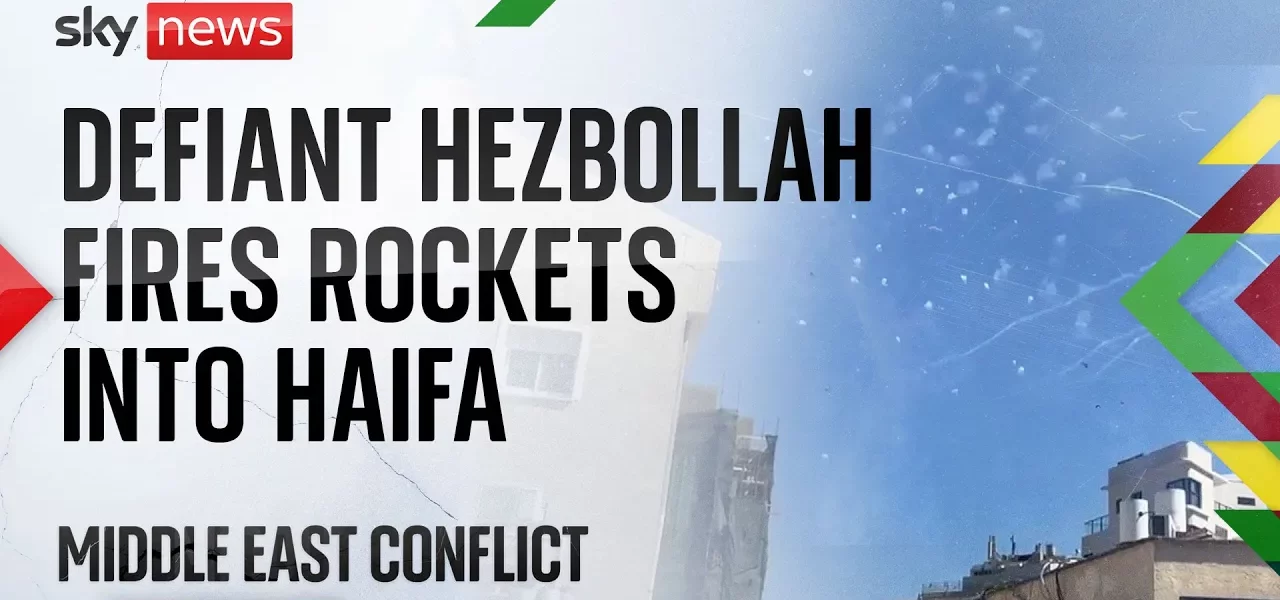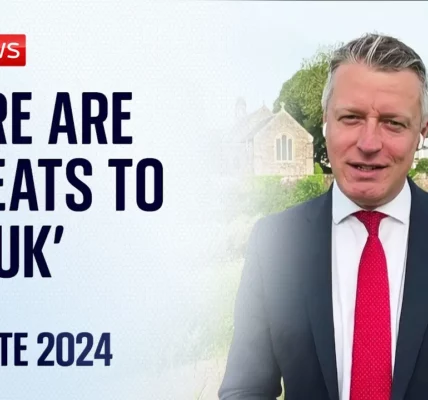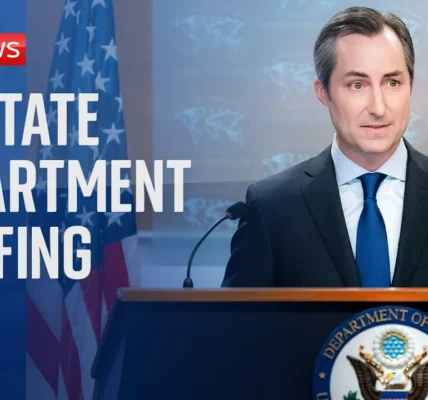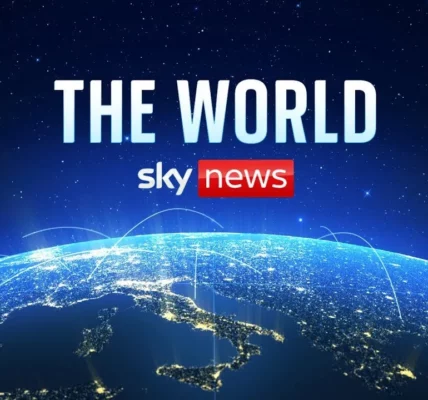Israel’s Military Operations in Southern Lebanon: A Comprehensive Analysis

This article delves into Israel’s recent military actions in Southern Lebanon, examining the implications for regional security and the ongoing conflict with Hezbollah. By analyzing the strategic objectives and the responses from both sides, we aim to provide a thorough understanding of this critical situation.
Introduction
The recent escalation of military operations by Israel inside Southern Lebanon marks a significant moment in the ongoing conflict with Hezbollah. As Israeli soldiers reportedly raise their flag in a border village, the military claims to have taken control of what they identify as a Hezbollah compound. This article explores the details of these operations, the motivations behind them, and the broader implications for both Lebanon and Israel. The situation is fluid, and the stakes are high, with potential ramifications for stability in the entire region.
Israel’s Military Strategy and Ground Operations
Israel’s military strategy has evolved significantly in response to persistent threats from Hezbollah. The recent ground offensive aims to degrade Hezbollah’s operational capabilities and secure Israel’s northern borders.
Objectives of the Ground Offensive
- To eliminate Hezbollah’s military infrastructure.
- To prevent rocket fire from Lebanon into Israel.
- To reassert control and stability in northern Israel.
Control of Hezbollah Compounds
Israeli commanders have reported taking control of several Hezbollah compounds. These locations are believed to have housed military equipment, including mortars and munitions aimed at Israeli territories. The military’s success in these operations is seen as a critical step towards reducing the immediate threat posed by Hezbollah.
Political Context and Regional Implications
The political landscape surrounding the conflict is equally crucial to understanding the current situation. Israeli Prime Minister Benjamin Netanyahu has made a strong appeal to the Lebanese people, urging them to stand against Hezbollah.
Netanyahu’s Stance
Netanyahu’s rhetoric emphasizes Israel’s right to defend itself and highlights the need for decisive action against Hezbollah. He asserts that:
- Israel has the right to win this conflict.
- Efforts have successfully degraded Hezbollah’s capabilities.
- Thousands of terrorists have been neutralized, including key figures within Hezbollah.
The Impact on Civilians
Despite military objectives, the impact on civilians cannot be overlooked. Israeli airstrikes have caused significant damage in Northern cities, leading to a mass exodus of residents. The humanitarian implications are profound and raise questions about the long-term consequences of military action on civilian populations.
Hezbollah’s Response and Future Outlook
As Israel intensifies its military operations, Hezbollah’s leadership is responding with threats of retaliation and promises to prevent the return of displaced Israeli settlers.
Hezbollah’s Counteractions
Hezbollah’s acting leader has vowed to continue their resistance against Israel, indicating that the conflict is far from over. The potential for further escalations remains high, especially given the complex regional dynamics.
The Role of Iran
Iran’s involvement complicates the situation further, especially following recent missile strikes attributed to Iranian forces aimed at Israel. The international community watches closely, as the risks of broader conflict escalate. The fear is that any Israeli retaliation could provoke a counter-strike from Iran, leading to an all-out war.
Conclusion
The ongoing military operations by Israel in Southern Lebanon represent a critical juncture in the Israel-Hezbollah conflict. As both sides prepare for potential escalation, the humanitarian impact and regional stability remain paramount concerns. It is crucial for the international community to engage in dialogue to prevent further escalation of violence. Readers are encouraged to stay informed about this evolving situation and its implications for peace in the region.
For more insights on regional conflicts and military strategies, check out our related articles on Israel’s Defense Strategies and The Role of Hezbollah in Middle Eastern Politics.
“`




